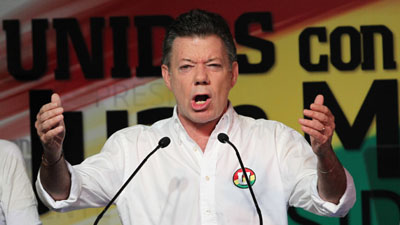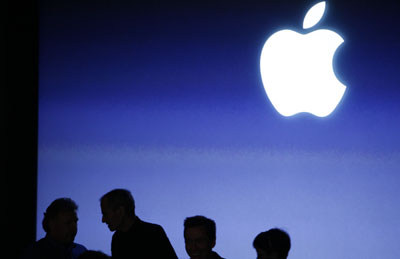The malware lockdown in Havana and Hanoi
General purpose computers give journalists an incredible amount of power to create, research, and publish their work away from those who may wish to interfere. But such independence requires that the computer itself remain free and uncompromised by software that works against the journalist’s own interests.

Decree limited Colombian presidential vote coverage
Among the regulations for Colombia’s presidential election on Sunday, the government barred the press from publishing Election Day news about alleged voter harassment or other irregularities unless it was confirmed by an official source. Local press groups said the rule limited important information on the very sort of illegal actions that have beset Colombian elections…

Apple-Gizmodo case takes a bite out of global journalism
Modern technology blurs our definitions of journalism, so it’s no surprise that the first important tests of the new world should take place in the heart of Silicon Valley. But we should take care that arguments in widely publicized cases, such as the Apple-Gizmodo controversy in the United States, do not set precedents that could…

‘Crude’ filmmaker’s raw footage subject to subpoena
A filmmaker’s raw footage is much like a photographer’s unedited images or a reporter’s notebooks—a private record of their reporting that is rarely disclosed to others. On Thursday, a federal judge in New York ruled that a private firm could subpoena the unedited footage used to make a news documentary. The reason? To help the…
At Lantos commission, CPJ details Russian press climate
A bill pending in the Russian parliament would give state security alarming new censorship powers, CPJ’s Nina Ognianova told the Congressional Tom Lantos Human Rights Commission in testimony in Washington today. During a hearing on human rights issues in Russia, Ognianova also voiced concern about continued impunity in journalist murders.
Press freedom has a good day: WPFD, the Daniel Pearl Act
Yesterday was a good one for press freedom. “The United States joins the international community in celebrating World Press Freedom Day,” said Secretary of State Hillary Clinton in a statement. “Wherever independent media are under threat, accountable governance and human freedom are undermined.” She went on to defend harassed or jailed bloggers in nations from Cuba to Burma. Clinton further noted that 71…

Is Brazil the censorship capital of the Internet? Not yet
Last week, Google published its first set of global government request statistics, showing how many demands it receives to remove content from its servers or hand over private information on its users. Transparency by Internet companies about how much information they are compelled to remove or release helps us understand how online journalism worldwide may…

